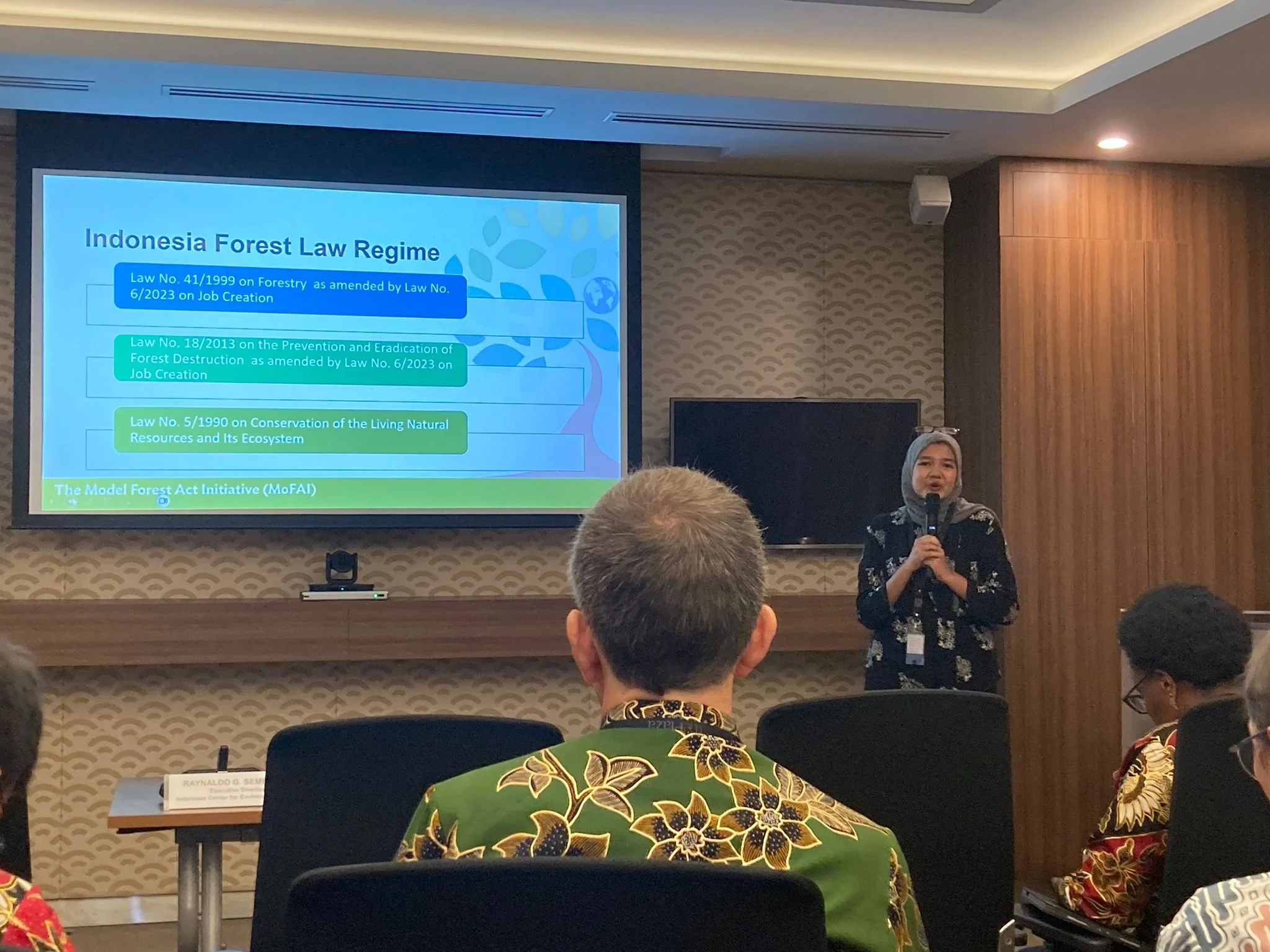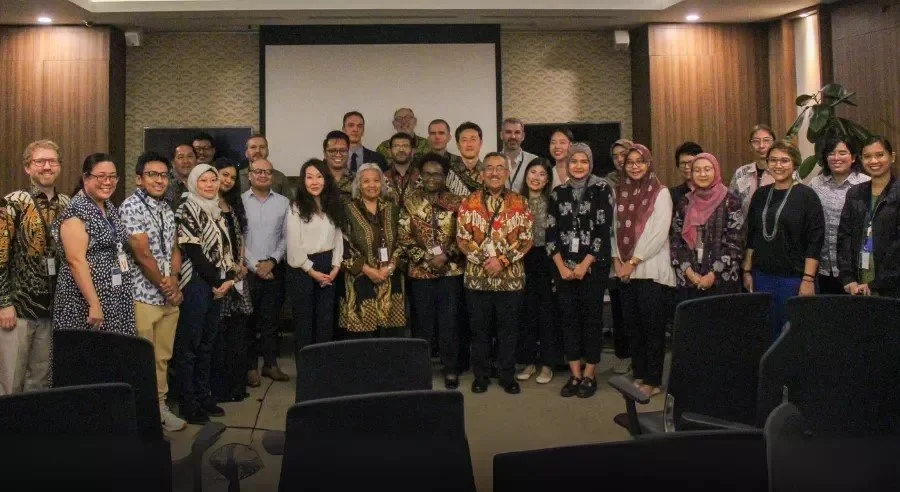Conservation-Litigation.org network supports the Model Forest Act Initiative
The Model Forest Act will provide a framework for meaningful legal measures to protect forests globally.
Deforestation and forest degradation are primary drivers of biodiversity loss, and around 28.3 million hectares of tree cover were lost worldwide in 2023 alone.
While most countries have legislation to protect and regulate their forest use, inadequate enforcement and the lack of dynamic and robust legislative interventions mean that existing legislation is often unable to meaningfully address the evolving pressures associated with climate change, land-use, pollution and other drivers of biodiversity loss.
The Model Forest Act Initiative (MoFAI) is a global effort to bring together expertise from around the world to draft a modern and robust legal framework able to reflect the challenges facing forests today.
On 26-30 July, representatives from Lancaster University and the Indonesian Centre for Environmental Law (ICEL), both part of the Conservation-Litigation.org network, joined an intensive knowledge-sharing event in Jakarta, Indonesia, drawing on their expertise to inform the drafting of the Model Legislation.
From ICEL, Difa Shafira summarised Indonesia’s current forest legislation, highlighting best practices, challenges and gaps, and, crucially, the legal interventions that are urgently needed to improve the current condition of Indonesia’s forests.
Importantly, she also highlighted the opportunities and need for model forest legislation to clearly address environmental liabilities, including legal pathways that lead to meaningful remedies to environmental harm.
Dr. Jacob Phelps of Lancaster University, and co-founder of Conservation-Litigation.org, said: “Our contribution to the MoFAI is part of our efforts to harvest our knowledge to create an accessible and meaningful tool that can be used to support legal revisions globally to better protect forests and biodiversity.”
Drawing on Conservation-Litigation.org analyses of legislation around the world, Ms. Shafirah and Dr. Phelps highlighted a number of lessons to be considered in the future Model Legislation. Legal standing, for example, is often a key barrier to legal action, and colleagues highlighted the need for the Model Legislation to include broad provisions that allow NGOs, communities and citizens to bring cases. They also argued for legal recognition for the diverse types of values that humans hold for nature, and protections for environmental defenders who take legal action.
This is not the first time Conservation-Litigation.org has been invited to advise on environmental laws: the network has previously contributed text to support important legal revisions in Liberia, Zambia and Indonesia.
The MoFAI is a global partnership comprised of the Global Judicial Institute on the Environment, IUCN World Commission on Environmental Law, UN Environment Programme, UN Forum on Forests, The Center for International Forestry Research and World Agroforestry, Asian Development Bank, and the World Bank Group, among others.


